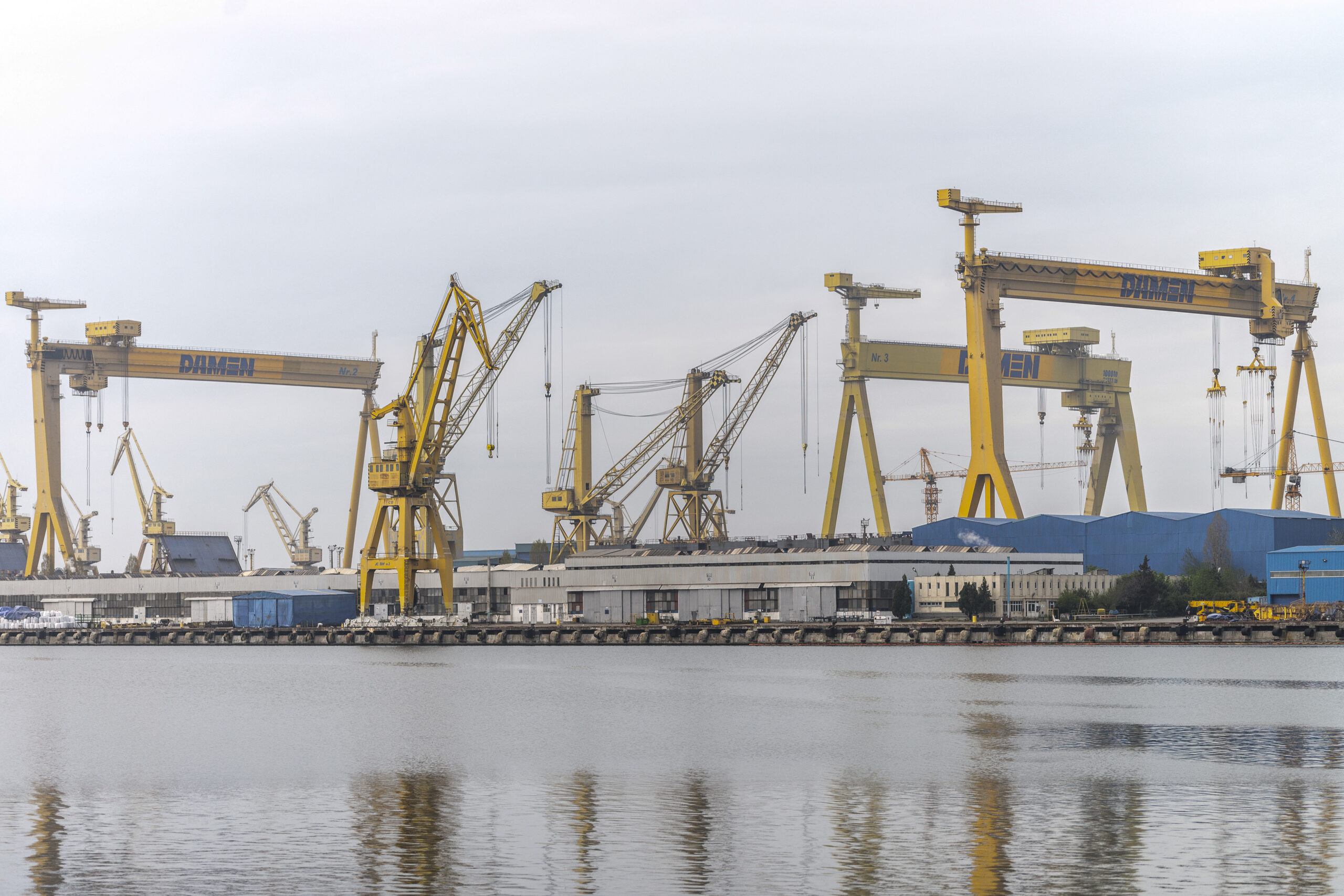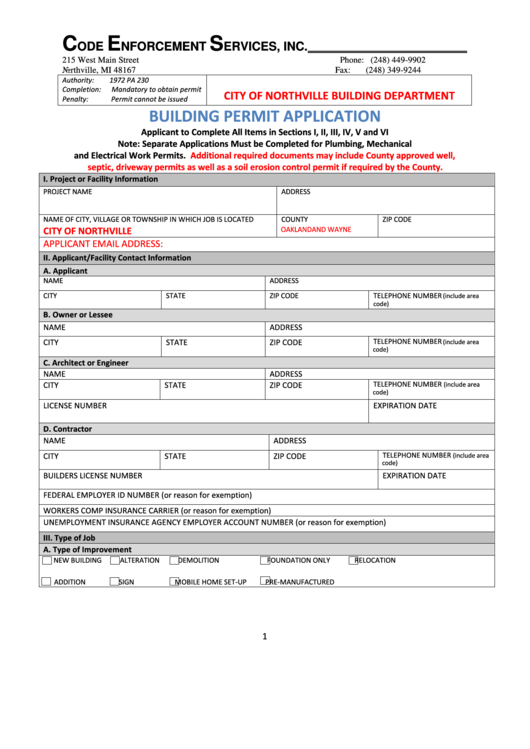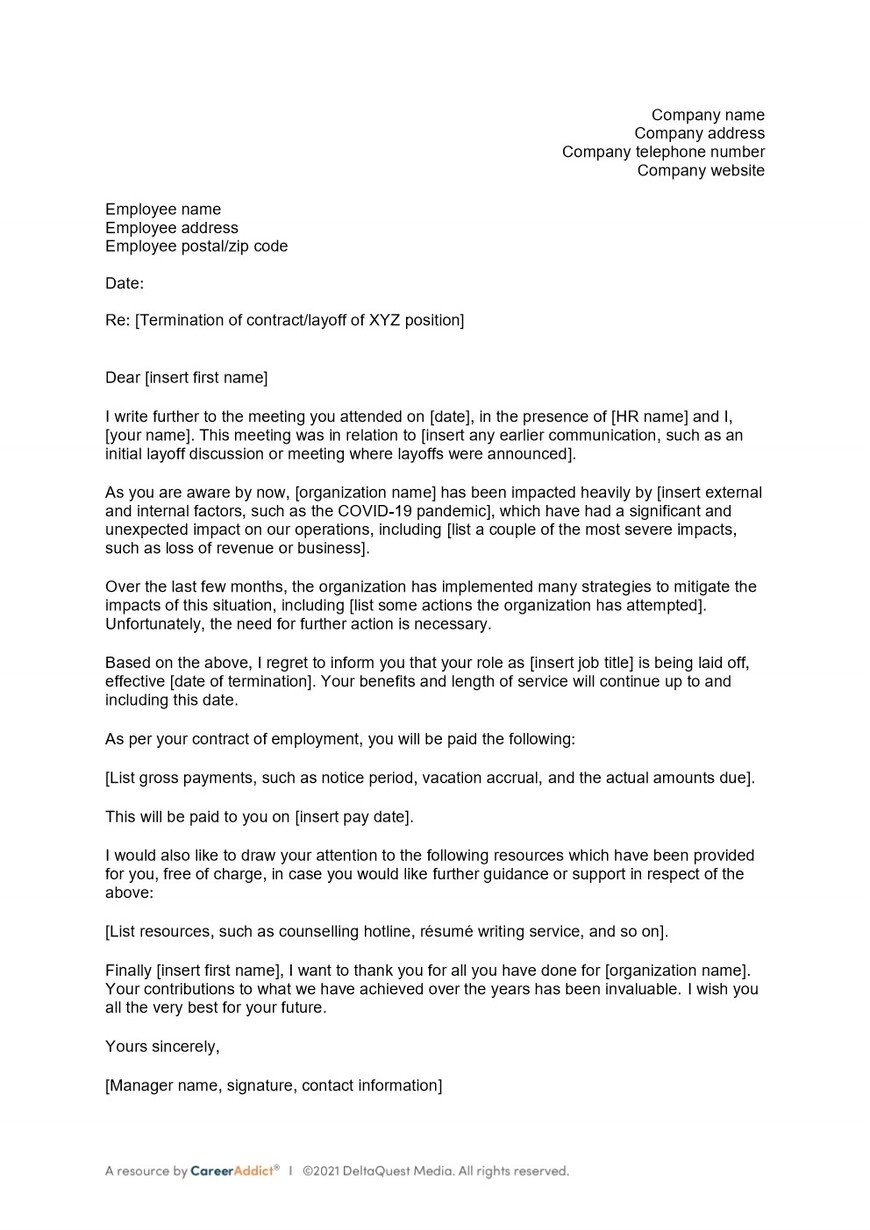Thaksin's Return: A Reset Of Thai Policy And US Trade Negotiations

Table of Contents
Domestic Policy Shifts under Thaksin's Influence
Thaksin's return to Thailand is likely to trigger significant shifts in domestic policy, particularly concerning economic and socio-political reforms. His past actions and pronouncements offer clues to what might lie ahead.
Economic Policies
Thaksin's economic policies are often characterized by populist measures aimed at boosting rural incomes and fostering economic growth. This may involve:
- Increased social welfare spending: Expanding existing programs or introducing new initiatives, potentially straining the national budget.
- Investment incentives for specific sectors: Targeting industries aligned with Thaksin's vision for economic development, possibly attracting both domestic and foreign investment.
- Potential impact on foreign direct investment (FDI): While some investors might be attracted by populist measures, others may be wary of political instability and uncertainty, impacting overall FDI flows. The potential for renewed tensions and political instability could significantly decrease investor confidence.
The effects on the Thai economy are difficult to predict. While his previous tenure saw periods of significant growth, it was also marked by concerns about unsustainable debt levels and economic imbalances. The implementation of new populist programs could lead to renewed economic anxieties, potentially affecting the Thai economy's stability. The long-term impact on the Thai economy and the stability of the Baht will depend heavily on the specifics of his economic policy.
Social and Political Reforms
Thaksin's return also signifies a potential realignment in Thailand's social and political landscape. This may include:
- Renewed focus on reconciliation: Efforts to bridge the deep political divisions that have characterized Thai politics for years. However, success is far from guaranteed, given entrenched opposition.
- Shifts in power dynamics: A reshaping of the political balance, possibly leading to increased tensions and even political instability. This could lead to a renewed polarization of Thai society.
- Implications for human rights: Concerns persist regarding the potential impact on human rights and freedom of expression, particularly for those who oppose Thaksin's policies and influence. Past human rights records under Thaksin's administrations need to be considered.
The success of any reconciliation effort will heavily depend on the willingness of various political factions to engage in constructive dialogue and compromise. A failure to achieve this could lead to renewed political turmoil and instability, further jeopardizing the country's progress.
Impact on US-Thai Trade Negotiations
Thaksin's return could significantly influence US-Thai trade negotiations, creating both opportunities and challenges.
Trade Agreements and Tariffs
Thaksin's influence could lead to:
- Renegotiation of existing trade agreements: This may involve revising tariffs, trade barriers, and other aspects of bilateral trade relations. The specific implications for the USMCA and other agreements remain to be seen.
- Potential for increased trade barriers: Depending on Thaksin's priorities, there is a possibility of increased trade barriers being imposed on US goods and services. This would likely lead to trade disputes and potential retaliatory measures from the US.
- Economic consequences for both countries: Any significant changes in US-Thai trade relations will have substantial economic consequences for both nations, potentially affecting various industries and employment.
The outcome will depend on the prevailing geopolitical climate, the nature of Thaksin's domestic political strength, and the willingness of the US to engage in flexible negotiations.
Geopolitical Implications
Thaksin's return adds a layer of complexity to the already intricate geopolitical landscape of Southeast Asia. This includes:
- Thailand's relationship with China: Thaksin's perceived pro-China stance could strengthen Thailand's ties with Beijing, potentially impacting US-Thai relations and the regional balance of power.
- Impact on US foreign policy in Southeast Asia: The US might need to recalibrate its strategy in Southeast Asia in light of potential shifts in Thailand's foreign policy orientation.
- Implications for regional security: Changes in Thailand's alliances and foreign policy priorities could have significant consequences for regional security dynamics.
The evolving relationship between Thailand and China, under the influence of Thaksin, will be crucial in shaping the regional geopolitical landscape. The US will need to closely monitor this relationship to adjust its foreign policy strategy accordingly.
Conclusion
Thaksin's return to Thailand is a watershed moment with potentially profound implications for both domestic policy and Thailand's relations with the US. The potential for significant shifts in economic policies, socio-political dynamics, and trade negotiations is undeniable. The impact of Thaksin's return on the Thai economy, particularly FDI, and the stability of the Baht, needs to be carefully monitored. His influence on US-Thailand trade, particularly concerning existing agreements and potential tariffs, and the broader geopolitical landscape of Southeast Asia, will require careful observation. The uncertainty surrounding the situation underscores the need for continued monitoring and analysis. To stay informed about further developments regarding Thaksin's return to power and its lasting effects on Thailand and its relationship with the US, follow reputable news sources specializing in Southeast Asian politics and economics. The ongoing impact of Thaksin's return will continue to unfold, shaping Thailand's future trajectory.

Featured Posts
-
 Ambasada Olandei Solicitata Sa Intervina In Conflictul De La Santierul Naval Mangalia
Apr 26, 2025
Ambasada Olandei Solicitata Sa Intervina In Conflictul De La Santierul Naval Mangalia
Apr 26, 2025 -
 Macon County Building Permits The Latest Updates
Apr 26, 2025
Macon County Building Permits The Latest Updates
Apr 26, 2025 -
 Mission Impossible Dead Reckonings Omission Of Two Sequels
Apr 26, 2025
Mission Impossible Dead Reckonings Omission Of Two Sequels
Apr 26, 2025 -
 The Rise Of Otc Birth Control A Post Roe Reality Check
Apr 26, 2025
The Rise Of Otc Birth Control A Post Roe Reality Check
Apr 26, 2025 -
 Reconsidering A Job Offer After Layoff Smart Strategies And Questions To Ask
Apr 26, 2025
Reconsidering A Job Offer After Layoff Smart Strategies And Questions To Ask
Apr 26, 2025
